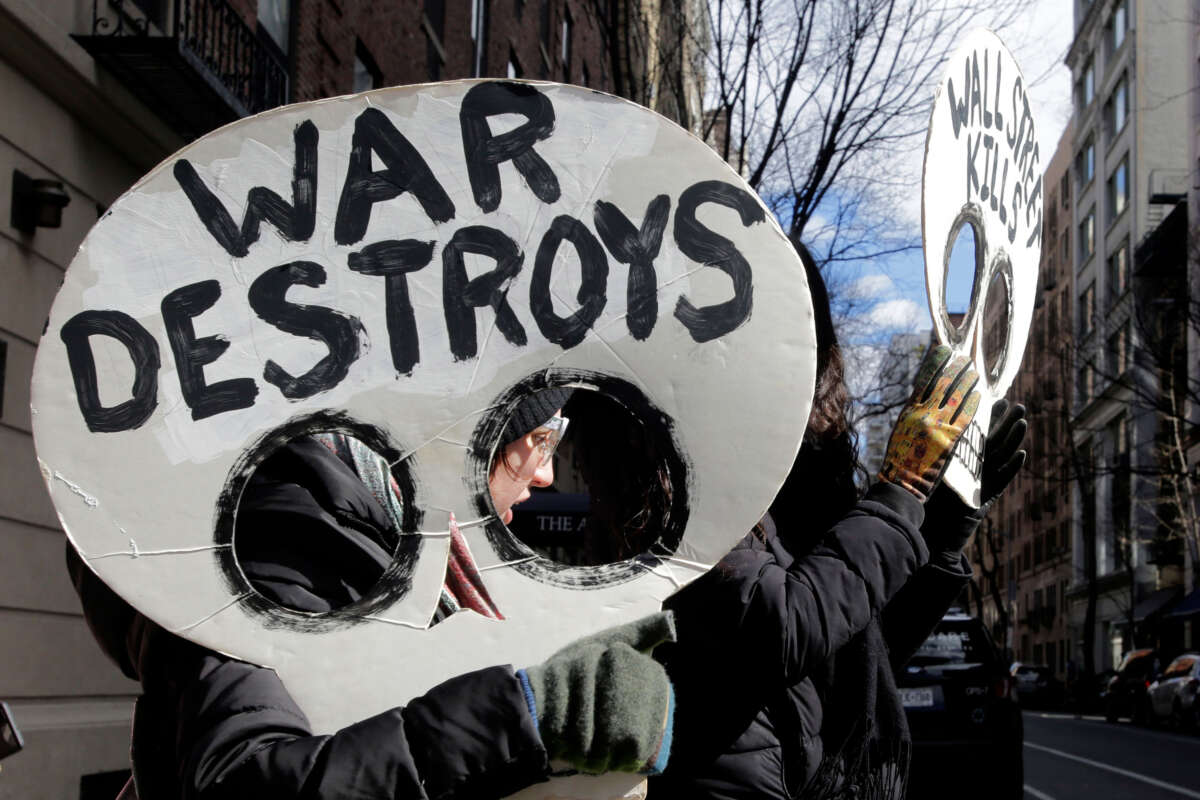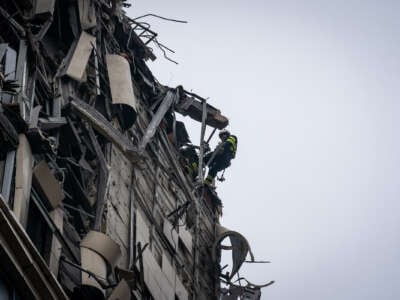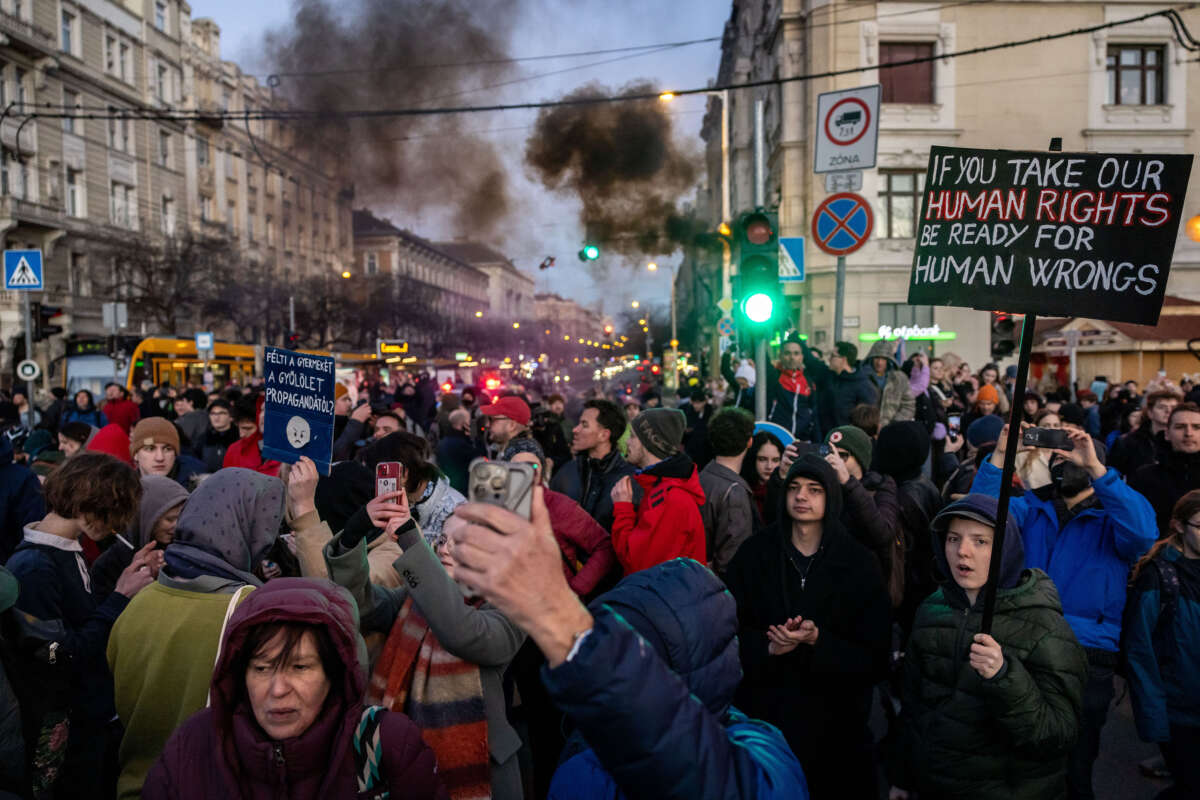Nature’s warriors: How rice plants detect and defend against viral invaders
Peking University, March 20, 2025: A groundbreaking study led by Li Yi, professor at the School of Life Sciences, was published in Nature on March 12, titled “Perception of viral infections and initiation of antiviral defence in rice”, uncovering a molecular mechanism by which rice cells perceive viral infections and initiate antiviral response, which significantly contributes to understanding of virus-host interactions for further disease resistance breeding.
Why it matters:
Viruses affecting rice, a staple food for more than half of the world population, pose persistent threats to crop production and could severely undermine global food security. Though recent discoveries have revealed how rice plants mitigate such threats by initiating immune responses against insect-borne viruses, the molecular mechanism by which plant hosts perceive viral infections and initiate defense remains elusive.
Key Findings & Methodology:
The research team introduced viruses to rice plants via insect vectors, employing natural infection methods that mimic real-world agricultural conditions to provide more accurate insights into plant-virus interactions.
The study uncovered a complete antiviral immune pathway that sets off the following reactions in the plant’s immune system:
1. Perception and recognition of viral coat proteins mediated by RBRL;
2. Degradation of jasmonic acid(JA) signaling pathway repressors;
3. Activation of RNA silencing core protein AGO18 expression via the jasmonic acid signaling pathway;
4. Upregulation of a synergistic defense mechanism involving AGO18-mediated RNA interference and reactive oxygen species (ROS), which strengthened the plant’s ability to fend off the virus.
Other key findings include:
1. The RING1-IBR-RING2 type ubiquitin ligase(RBRL) in rice can not only recognize the coat protein (CP) of the Rice stripe virus (RSV) but also the coat protein P2 of the Rice dwarf virus (RDV).
2. Further research indicates that the RSV CP not only induces an upregulation of RBRL expression but also activates the ubiquitin ligase activity of RBRL. This, in turn, promotes the ubiquitination and degradation of the jasmonic acid signaling pathway repressor NOVEL INTERACTOR OF JAZ 3 (NINJA3) mediated by RBRL, thereby activating the jasmonic acid signaling pathway in rice.
Significance
The discovery made by Li Yi's team, combined with their previous research findings, has elucidated a core antiviral pathway in rice. This pathway encompasses the entire chain of processes from the perception of viral infection by rice cells to the activation of the antiviral immune mechanisms in rice. This research represents a milestone in plant virology and crop science, bringing researchers closer to developing a multi-target strategy for antiviral breeding of crops.
*This article is featured in PKU News' "Why It Matters" series. More from this series.
Click "here" to read the paper
Written by: Yang Yimeng
Edited by: Wu Jiayun, Chen Shizhuo
Source: PKU News (Chinese)
Journal
Nature
Article Title
Perception of viral infections and initiation of antiviral defence in rice



 Demonstrators hold banners during a protest on March 18, 2025, in Budapest, Hungary.Janos Kummer / Getty Images
Demonstrators hold banners during a protest on March 18, 2025, in Budapest, Hungary.Janos Kummer / Getty Images






